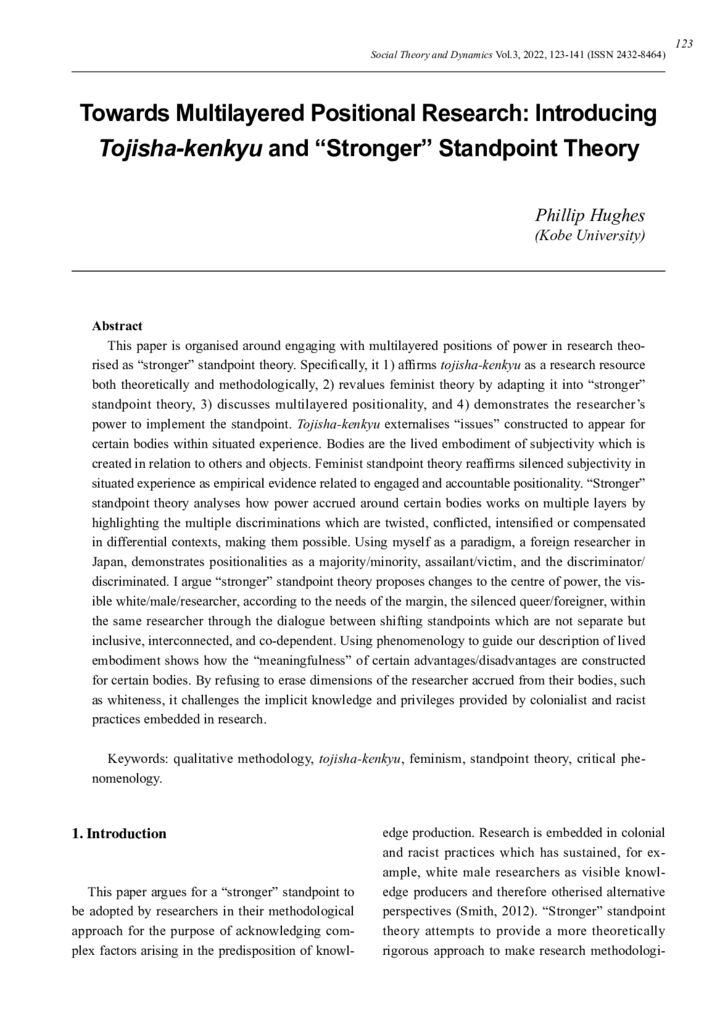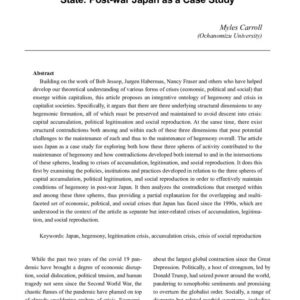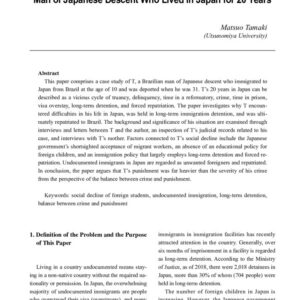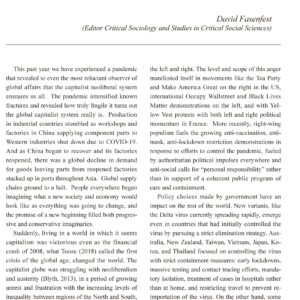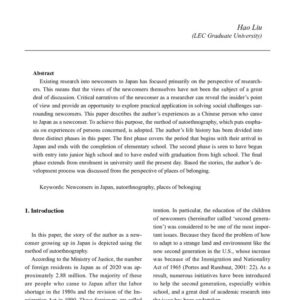Description
This paper is organised around engaging with multilayered positions of power in research theorised as “stronger” standpoint theory.
Specifically, it 1) affirms tojisha-kenkyu as a research resource both theoretically and methodologically, 2) revalues feminist theory by adapting it into “stronger” standpoint theory, 3) discusses multilayered positionality, and 4) demonstrates the researcher’s power to implement the standpoint.
Tojisha-kenkyu externalises “issues” constructed to appear for certain bodies within situated experience.
Bodies are the lived embodiment of subjectivity which is created in relation to others and objects.
Feminist standpoint theory reaffirms silenced subjectivity in situated experience as empirical evidence related to engaged and accountable positionality.
“Stronger” standpoint theory analyses how power accrued around certain bodies works on multiple layers by highlighting the multiple discriminations which are twisted, conflicted, intensified or compensated in differential contexts, making them possible.
Using myself as a paradigm, a foreign researcher in Japan, demonstrates positionalities as a majority/minority, assailant/victim, and the discriminator/ discriminated.
I argue “stronger” standpoint theory proposes changes to the centre of power, the visible white/male/researcher, according to the needs of the margin, the silenced queer/foreigner, within the same researcher through the dialogue between shifting standpoints which are not separate but inclusive, interconnected, and co-dependent.
Using phenomenology to guide our description of lived embodiment shows how the “meaningfulness” of certain advantages/disadvantages are constructed for certain bodies.
By refusing to erase dimensions of the researcher accrued from their bodies, such as whiteness, it challenges the implicit knowledge and privileges provided by colonialist and racist practices embedded in research.

